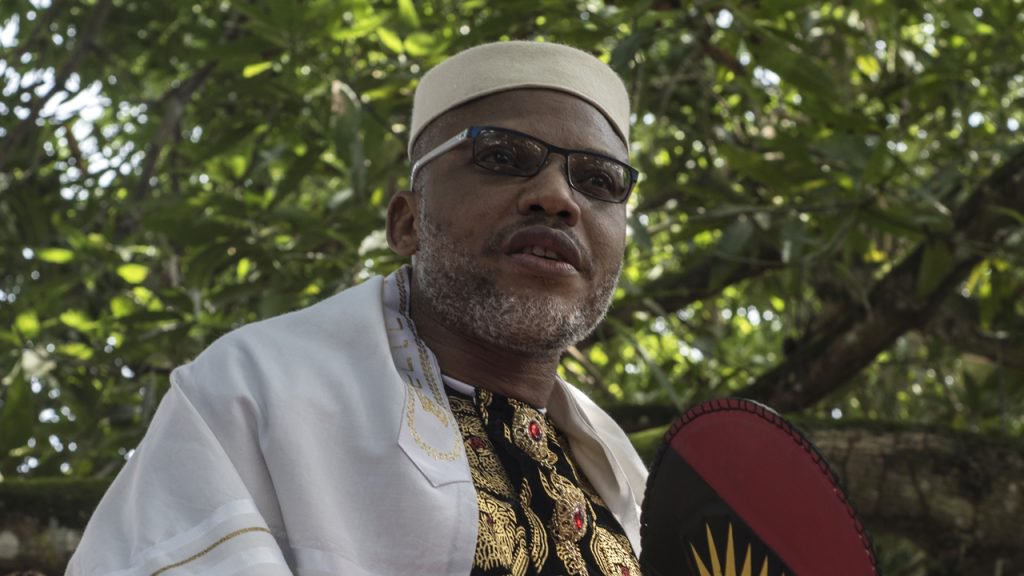
The underlying basis for the conduct of extradition between and among nations is the salient extension of the struggle by states to assert jurisdiction over their territories, their nationals and often even the nationals of other countries. States usually want to have legal authority over their territories (by denying other states jurisdiction over crimes committed within them), and over their own ‘nationals’, 1) who, while living at home or abroad breach international law, or 2) who, while living in their countries breach their municipal laws and flee, or 3) who, while living abroad breach the municipal laws of their country or 4) who, while living in another country breach its municipal laws. And not only that, nations in fact desire also to have legal authority over nationals of other states, a) who breach international law or the municipal laws of their countries while living in another country, or b) who flee their countries to other countries after breaching their municipal laws. IPOB’s Nnamdi Kanu falls into the categories of those who flee their countries to other countries after breaching their municipal laws and those who, while living abroad breach (or continue to breach) the municipal laws of their country.
It is all about a grab at both territorial and extra-territorial jurisdictions. States have the right generally under international law –even in the absence of treaties of extradition- to stretch their domestic jurisdictions beyond their physical borders and to seek to exercise legal authority over the criminal conducts of their own nationals. They do not sit idly by –like we seem to do concerning Kanu- while their fugitive nationals living in safe heavens abroad continue to make gaping wounds on their already haemorrhaging escutcheon. If they cannot get them legally extradited back home, at the very least they should, through diplomatic pressure, get them deported out of the territories of countries with whom they enjoy excellent entente cordiale. Or where all these have failed, they should be man enough to exploit even unorthodox means such as abduction. It is usually for reason of non-cooperation with extradition requests that many a state with the wherewithal to engage in self-help, resort to abducting their fugitives instead –either after normal extradition request-procedures have failed or some even without attempting to use the levers of extradition rights or privileges.
International law is replete with examples of self-help measures mostly by nations with the grit and the teeth to do so, viz: the abduction of fugitive Morton Sobel by the United States of America, from Mexico in 1950; as was Adolf Eichman by Israel, from Argentina in 1960, Antoine Argoud by France, from Kenya in 1999 and Gui Minhai by China, from Thailand in as recently as 2015. Quite a few of these abductions took place after extradition requests had failed. Many had resorted to abduction without exploring the avenues of extradition possibilities. Interestingly Nigeria, back then in the late 80s, was never lacking also in ‘grit’ and in ‘teeth’: an attempt in 1984, allegedly by the then reputedly no-nonsense Buhari Military Government, to abduct from London, Umaru Dikko, a former minister in Shehu Shagari’s ousted civilian administration, had only failed because British Police at the Stanstead Airport acted extra-legally and in violation of the sanctity of the diplomatic ‘crate’ in which the fugitive, Dikko was pouched. The Nigeria of those days was wide awake and aware of her extradition rights and privileges, and like all serious nations was ready to avail herself of both orthodox and unorthodox means to assert her right to the exercise of ‘jurisdiction’ over her fleeing nationals who had breached her municipal laws.
By the way Nigeria did not -like Israel, U.S., France and China did- resort to abduction without exploring the avenue of extradition. The U.K had declined previously to accede to her request for the extradition of former military Head of State, Gen. Yakubu Gowon on allegation of involvement in the 1976 coup in which his successor-deposer, Gen. Murtala Ramat Mohammed was assassinated. Barely eight years later, in 1984, she would request also the extradition of Dikko on charges of corruption, which was also declined. And this was in spite of the pendency of two extradition instruments to which Nigeria was subject, namely the U.K.’s ‘Commonwealth Transfer of Offenders Law (under which Enahoro in the 60s was extradited) and the ‘Fugitive Offenders Act’ of 1967. Both requests were viewed by the U.K. government as politically motivated and thus not meriting the cooperation of Britain. Politics and human rights have gradually become factors that many states consider before acceding to extradition requests even from countries that they have signed treaties in which political offences and the fear of violation of the human rights of fugitive have not expressly been exempted.
For example whereas the United States does not consider sabotage a political offence –and therefore lists it as an extraditable offence- Russia considers it ‘political’ and may not sign an extradition treaty which lists sabotage as extraditable. But although there is still a tendency in most western jurisdictions –including the United States and Britain- to deal leniently with political offenders by refusing requests for their extradition, this consideration does not include those guilty of treason. Meaning that concerning ‘extradition’, although there is still controversy over what is ‘political’ from what is ‘criminal’, there is a clear distinction between what is ‘political’ and what is ‘treasonable’. Nor does it therefore require rocket science for Nigeria to prove to the U.S or the U.K. that Nnamdi Kanu’s offence against the Nigerian state is ‘criminal’ and not ‘political’. No time is more auspicious than now for Nigeria to go for the option of extradition. Kanu has ripened and is now ‘Roland’ enough to be traded for a thousand ‘Olivers’ –which the United States especially now requires Nigeria to give, in the name of ‘cyber fraudsters’.
Postscript
A state may claim ‘jurisdiction to try’ for the reason that the alleged crime was committed wholly or partially in its territory (territorial jurisdiction); or for the reason that although the crime took place outside its territory, it was nonetheless committed by its own ‘national’ (nationality jurisdiction); or that although the offence was committed abroad and by a non-national, yet its own nationals have been, will be or may be affected by the commission of the offence (passive personality jurisdiction); or where the crime committed –whether or not by her own national and whether or not committed within her territory- affects the international community or humanity at large (universal jurisdiction). Helping humanity tackle crimes where they directly or indirectly affect the international community or even where they affect the democratic peace of states or the human rights of individuals wherever they may live, is not just a right accruing to every state under international law but a duty also grounded in the principles of universal jurisdiction –the right and the duty by states to assume jurisdiction over international crimes committed by any persons and anywhere provided they affect the rights of people or states guaranteed and protected under international law. States of the West have often selectively assumed this jurisdiction to the chagrin and exasperation of third world nations –especially African states- who have hardly the capacity and the will to effectively tackle domestic crimes under their national jurisdictions, let alone discharge their duty under international law of assuming universal jurisdiction whenever necessary, to help the international community curb crime.
Chile’s Augusto Pinochet in the late nineties and long after having left office to become a Senator, went to the United Kingdom, U.K. to attend to his deteriorating health. Spain which had no extradition treaty with Chile but had one with the United Kingdom applied for his extradition for alleged human rights violations committed against Chileans while in office. By the way the Chile-U.K.-Spain scenario would be like Nigeria applying to South Africa –with whom she has extradition treaty- to hand over to her for trial a visiting George Bush, Tony Blair or Benjamin Natanyahu, who variously hang the albatross of war crimes, genocide, crimes against humanity crimes against peace, aggression and human rights violations. The Chilean Constitution shielded Pinochet from prosecution in Chile, but a U.K. court said that he was not immune from judicial proceedings abroad. And although eventually Pinochet, on account of failing health, rather than immunity from prosecution, was released to return to Chile, it was not before Britain’s highest court made the point loud and clear that even a third party state can be granted extradition by a municipal court for the extradition of an alleged offender on transit in a country that has neither extradition relationship with his, nor has his country a treaty with the state requesting his extradition.
- Concluded.
You may be interested

‘I’m Incredibly Proud’– Arokodare Talks Up Genk’s Unbeaten Home Streak
Webby - December 23, 2024Tolu Arokodare is full of excitement followingGenk’s historic victory over Anderlecht, reports Completesports.com.Sunday’s win at the Cegeka Arena was the…

WAFU B U-17 Girls Cup: Ghana Edge Gallant Flamingos On Penalties In Final
Webby - December 22, 2024Despite a spirited performance Nigeria’s Flamingos lost on penalties to hosts Ghana on penalty shootout in the final of the…

Bournemouth Equal Burnley’s Old Trafford Feat After 3-0 Win Vs United
Webby - December 22, 2024Bournemouth’s 3-0 win against Manchester United on Sunday meant the Cherries equaled Burnley’s feat at Old Trafford.United went into the…



















![American Pastor, David Wilson Seen Eating The Box Of Woman Who Isn’t His Wife [Video]](https://onlinenigeria.com/wp-content/uploads/2019/10/american-pastor-david-wilson-seen-eating-the-box-of-woman-who-isnt-his-wife-video-150x150.jpg)









